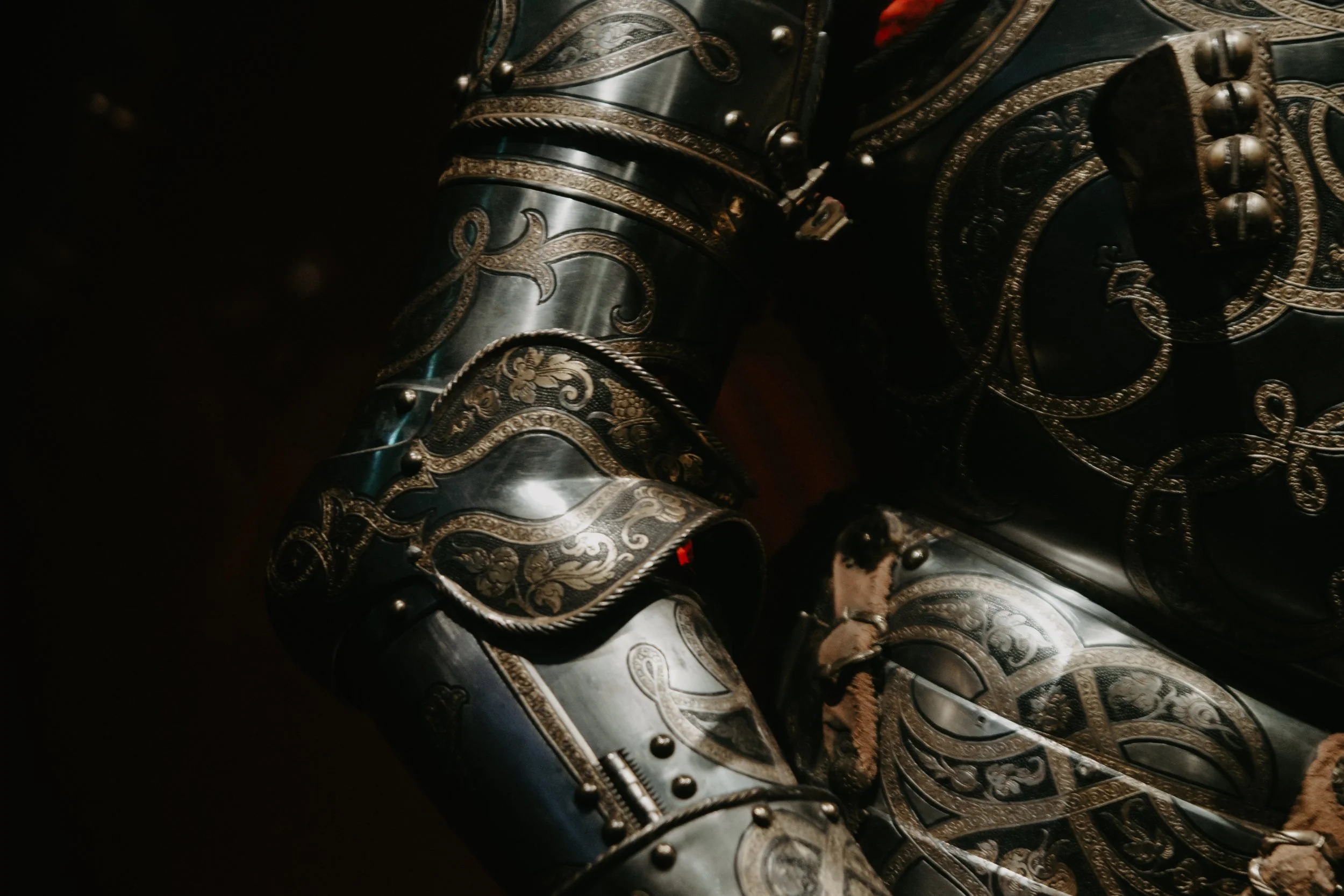“What happens after we survive the unthinkable?” (Haley Wooning on Willows Wake and Walk Away)
Half Mystic Press’ latest poetry collection, Willows Wake and Walk Away by Haley Wooning, comes out on November 18. Haley is a writer and high school English teacher from the Bay Area. Her debut collection is Mothmouth (Spuyten Duyvil 2019). An avid reader and puzzle lover, she also enjoys playing story-based games with her friends and community. To kick off the virtual tour for Willows Wake and Walk Away, she joins us on the Half Mystic blog for a guest essay on the creation process of the book.
I spent my childhood obsessing over willow trees. I fantasized about living beneath their great eaves, reading in their tender shadows. Willows Wake and Walk Away is an homage to this love, and perhaps to the ache of losing the close moments of youth in stuttering traumas and time’s slow passage. But the dream always finds its way back. It returns in the guise of fairytale, in my wondering and weeping over the end of grand adventures: Frodo’s departure, Gilgamesh’s realization, Odysseus’ return, Arthur’s failure, the tragic fates of Oedipus and Jason and those countless sorrowful figures who populate Athenian tragedy.
Trauma by nature feels like a thousand grand and sparking questions, but the one I always return to is this: what happens after we survive the unthinkable? What work follows the hero in shining armor on a great steed? The beast is bested, the bedtime story completed, and then what? This is the landscape of thought in which the book began: standing with my back to a hurt so large it consumed me, with no sense of what story might come next.
During the first major move of my life, I had a recurring dream in which King Arthur founded his round table in my garage among mountains of stacked boxes. There was a dusty garden table in the middle of the room, the grime so caked the glass plate was no longer translucent, and Arthur would meet there as one might at a cigar table. In this dream, the air was thick with smoke as I packed boxes, organizing my belongings, trying to finish the move. Arthur and his knights took no notice of me, as if I was invisible, a ghost among the remnants of my life. Still I heard their conversations. They spoke of the weather, the state of the garden, the ruins of Camelot—but, most of all, they mocked me. Everything I was proud of and insecure about, everything that defined me: my poetry, my lack of direction, the mess I had made of my life, my collection of gems and sticks, my diet, my hair, the thirty years I’d lived in the same city.
Maybe it was a silly dream—there’s certainly not much ambiguity to psychoanalyze—but nonetheless, I woke each morning with its weight on my shoulders, unsure why the same story continued to haunt me. One morning, after moving more boxes into the garage, I sat down at the garden table and began to write. With Arthur in my ear, the willows’ tendrils opened to me almost unbidden, and the poems followed from there.
Outside of my imagination, I had just moved into a new city, a new life, running from a rupture I could hardly bear to face beyond the veil of poetry—like the willows in the the title, it was as though I was conscious for the first time. That former self resurfaces in the speaker of the collection, who escapes her fairytale tower and must face the wild, overgrown world she once left behind. I think about Frodo, at the end of The Lord of the Rings, asking the question that underlies every myth I’ve called home throughout my life: do we all feel that pull to write what hurts most, to put the aftermath of survival to voice?
King Arthur never returned to my garage after I begin drafting the manuscript that would become Willows Wake and Walk Away. Meanwhile, the broken bones healed, the boxes were folded away. The round table remains where the knights once sat—its glass still clouded, its legs still unsteady. Sometimes when the light slants just right, I half expect to hear them again, talking over the ruins. They keep watch as I try once again to name what can’t be named, to tell the story that keeps surviving me.
Haley Wooning’s Willows Wake and Walk Away is a dream sequence in the aftermath of trauma. As an unnamed speaker retraces her steps through mist-laced forests and crumbling childhood fairytales, she encounters ancient gods still alive in the faultlines of memory. These are poems of relapse and revelation, loneliness and liminality, asking: what happens after the haunting ends, when the serpent finally sleeps? What does it mean to carry the weight of a heart sloughing off its innumerable dead—and, in the absence of peace, learn to love a life wild, uncanny, and wholly one's own?
For the next two weeks, we invite you to join Half Mystic for a virtual tour across the literary web featuring reviews of Willows Wake and Walk Away, interviews with Haley, and never-before-seen content on the creation of the book. Willows Wake and Walk Away is available for preorder now.

